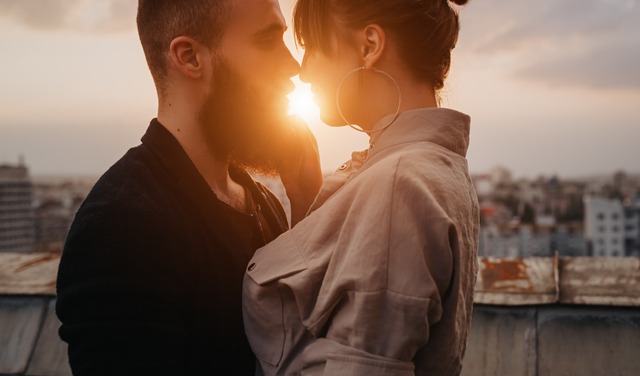In a world obsessed with perfection—airbrushed images, curated social media feeds, and flawless success stories—it’s easy to believe that our flaws are something to hide. We’re taught to smooth, fix, filter, and improve until we measure up to an ideal that often feels just out of reach. But what if real beauty doesn’t lie in perfection at all? What if our imperfections are not weaknesses, but the very things that make us human, relatable, and truly beautiful? Embracing the art of imperfection is not just a mindset shift—it’s a path to deeper self-love, authenticity, and connection.
Redefining Beauty
Beauty standards have long been shaped by culture, media, and social expectations. They change with time and trend, yet one thing remains consistent: they often push the idea of “flawlessness.” Whether it’s perfect skin, a toned body, or a life that looks effortlessly put-together, these ideals can create unrealistic pressure and a sense of inadequacy.
But the truth is, beauty is not a fixed, external standard—it’s a personal, evolving experience. Real beauty is found in uniqueness, in the features and qualities that set us apart. It’s in the gap-toothed smile, the laugh lines that show years of joy, the scars that tell a story, or the vulnerability that breaks down walls. When we let go of rigid ideals, we begin to see beauty everywhere—even in what we once tried to hide.

The Power of Vulnerability
Imperfection invites vulnerability—and vulnerability is the gateway to genuine connection. When we allow others to see our true selves, flaws and all, we open the door to intimacy and trust. Pretending to be perfect might protect us from judgment, but it also creates distance. It keeps us performing instead of connecting.
Psychologist and researcher Brené Brown emphasizes that vulnerability is not weakness, but courage. It’s the courage to show up, to be seen, and to say, “This is me.” And in doing so, we give others permission to do the same. Our imperfections don’t isolate us—they unite us in our shared humanity.
Embracing the Wabi-Sabi Philosophy
In Japanese culture, the concept of wabi-sabi celebrates imperfection and impermanence. It finds beauty in the worn, the weathered, the incomplete. A cracked tea bowl, instead of being discarded, might be repaired with gold in a method called kintsugi, highlighting the break rather than hiding it. The philosophy teaches us that flaws can become features, and damage can give way to deeper beauty.
This mindset can be applied to our own lives. Rather than trying to erase the cracks in our identity, we can honor them. They are evidence of our journey, our survival, our transformation. Like gold in the cracks of pottery, our growth adds value to our imperfections.
Imperfection as a Source of Growth
Our flaws often teach us more than our strengths. Struggles, failures, and insecurities become opportunities for learning and growth. They force us to confront our limits, cultivate compassion, and develop resilience. When we embrace our imperfections, we begin to appreciate the depth and complexity they add to our character.
Perfection is static. Imperfection is dynamic—it allows us to evolve. Instead of fearing our flaws, we can see them as invitations to grow, adapt, and become more fully ourselves.
Living Authentically
Living authentically means showing up as you are, not as who you think you should be. It’s about rejecting the illusion of perfection and embracing your whole self, even the messy parts. It means wearing what makes you feel good, expressing your truth, setting boundaries, and loving yourself despite (and because of) your imperfections.
When we live authentically, we attract relationships, opportunities, and experiences that align with who we truly are. We stop chasing approval and start cultivating self-acceptance.
Final Thoughts
Perfection is an illusion, but imperfection is art. Our flaws tell our stories, shape our journeys, and connect us to others. When we stop striving to be flawless and start embracing our imperfections, we discover a more genuine kind of beauty—one rooted in truth, courage, and love. The art of imperfection isn’t about settling for less; it’s about finally seeing that we are already enough, just as we are.